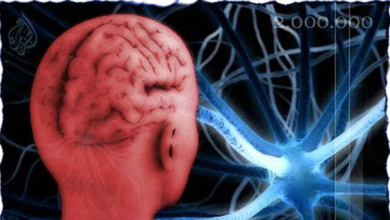Forgetting: A Natural Mechanism That Enhances Brain Function and Helps Adapt to New Information


Forgetting is an inherent part of our daily lives and is often seen as a sign of memory weakness or a potential illness. However, recent studies suggest that forgetting may play a crucial role in improving brain functions and enhancing our ability to adapt to new information.
According to a report from Live Science, forgetting can occur for several reasons, the most prominent of which is the natural fading of memories. This concept was confirmed by German psychologist Hermann Ebbinghaus in the 19th century with his “forgetting curve,” which illustrates how most people quickly forget details of new information.
Eric Kandel, a Nobel Prize-winning neuroscientist, also emphasized that memories are formed when connections between neurons in the brain are strengthened. Forgetting can help reinforce these connections by weakening irrelevant details, thus allowing the brain to store more important information.
Additionally, the authors noted that forgetting may sometimes be due to changes in our ability to retrieve memories rather than losing them entirely. Forgotten memories can be retrieved by strengthening neural connections. The phenomenon of “tip-of-the-tongue” (TOT) is a good example of this, where a person may struggle to recall a word but can recall it once they remember its first letter.
In conclusion, forgetting remains an effective mechanism that helps improve mental performance. However, this does not apply to pathological cases where memory loss is complete, such as in Alzheimer’s disease.








